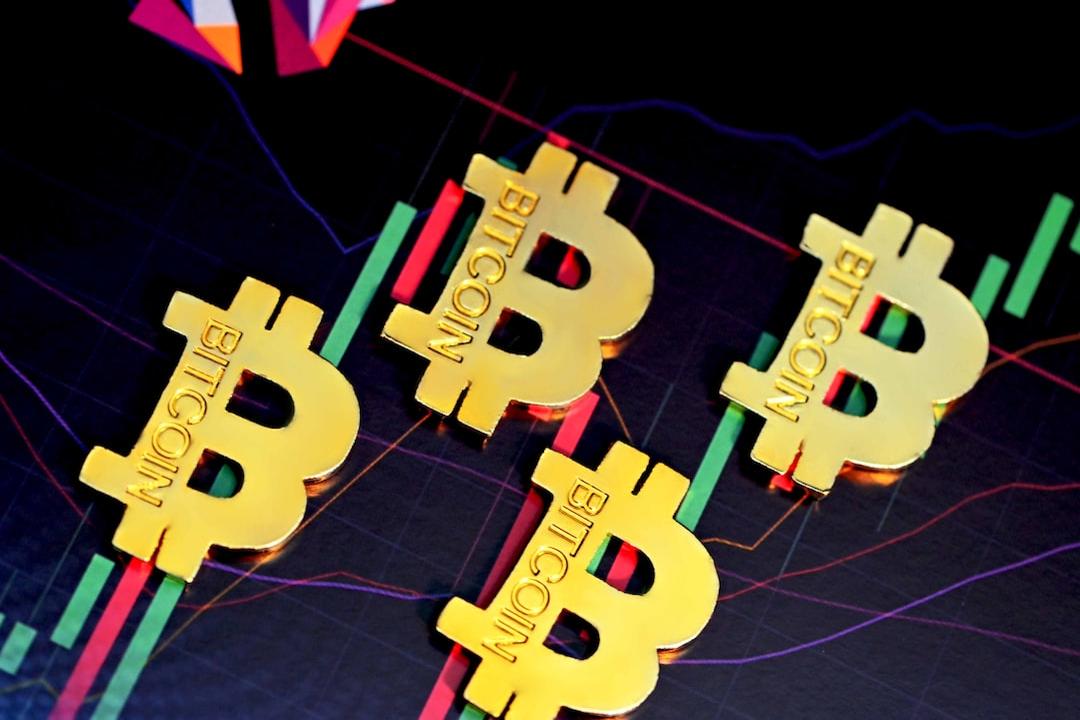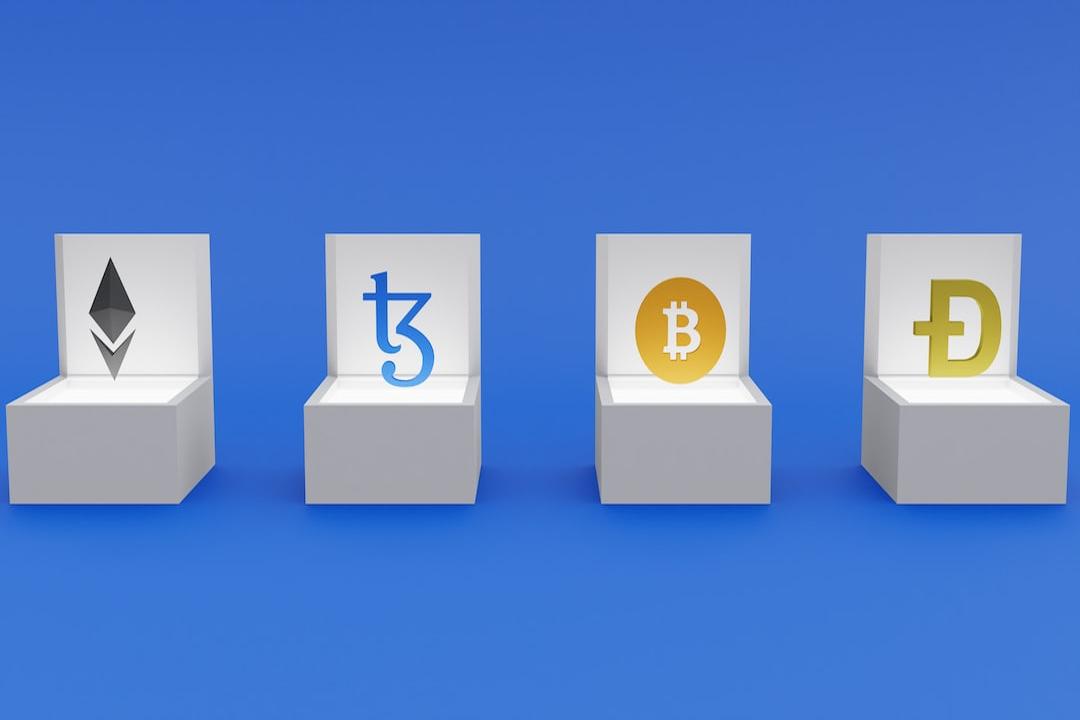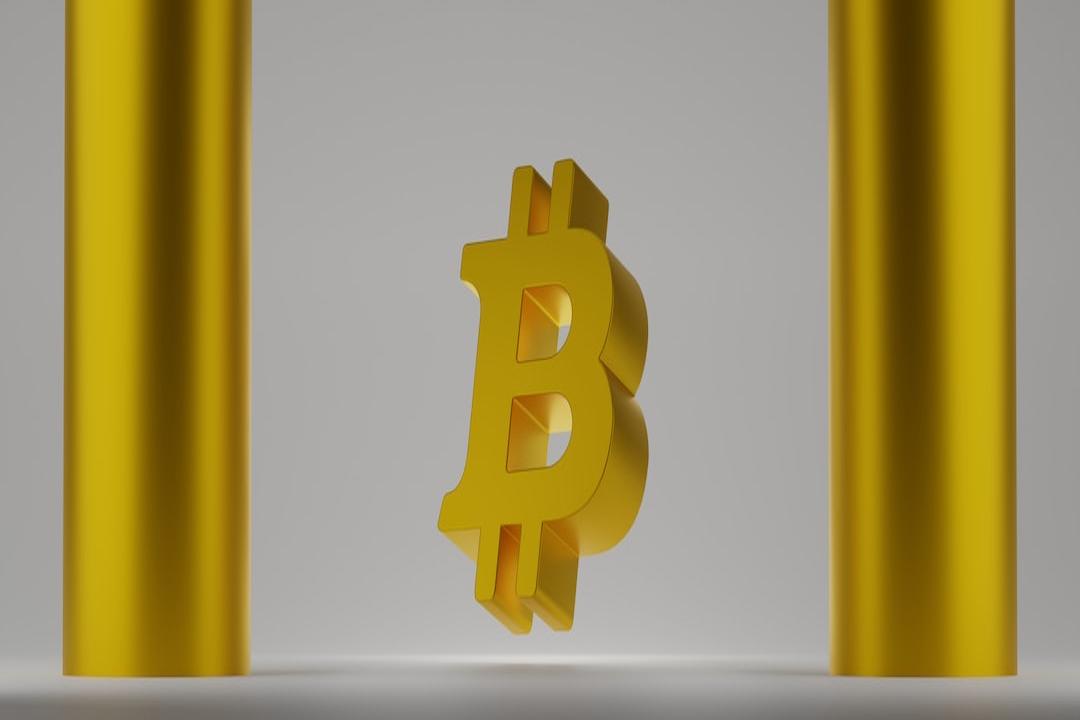After surviving an attempted assassination, US Republican presidential candidate Donald Trump has decided to attend the Bitcoin conference held in Nashville, Tennessee as scheduled. It is expected that he will deliver a 30-minute speech on the last day of the conference. The source of this news is an article by George Kaloudis, compiled and translated by “Baihua Blockchain.”
Background:
Trump’s remarks on Taiwan’s protection fee: “TSMC falls below 1,000 yuan”! White House: Taiwan’s long-term military purchases contribute greatly to the US economy.
Supplement:
Trump’s speech at the Bitcoin conference in July is causing speculation. What is he planning? Is TRUMPcoin lurking?
Former US President Trump plans to personally give a speech at the Bitcoin conference in Nashville, USA later this month, despite being injured in an attempted assassination last Saturday.
For cryptocurrencies, this is an important moment. Cryptocurrencies have officially entered the campaign stage, surpassing mere mentions to please certain voter groups and fundraising political action committees. The industry has long desired legitimacy since its inception, and now it is being materialized at an orange coin conference.
I am not a political strategist, but I find it strange that presidential candidates campaign in states they are unlikely to lose. Trump, or any Republican candidate, is unlikely to lose Tennessee in the 2024 presidential election (let’s face it, friends, Joe Biden is not Bill Clinton).
Nevertheless, Trump chose to pass through Tennessee during such a busy campaign season to attend the Bitcoin conference, just as candidates give campaign speeches in airplane hangars to attract military voters or in front of factories to appeal to American blue-collar workers.
Despite polls and data showing that most Americans do not use or hold cryptocurrencies—according to the Federal Reserve’s data, 7% of US adults used or held cryptocurrencies in 2023; according to cryptocurrency investment firm Paradigm, 28% of Republicans hold or have purchased cryptocurrencies; and according to cryptocurrency exchange platform Coinbase, 52 million Americans own cryptocurrencies—cryptocurrencies are still part of Trump’s reelection strategy.
The Republican Party even markets cryptocurrencies as a sub-point under “supporting innovation” in its official platform, above “artificial intelligence” and “extending freedom, prosperity, and space security.”
The Republican Party has been striving to compete as the party that supports cryptocurrencies. For example, Florida Governor Ron DeSantis and others have issued official declarations against central bank digital currencies in advance (possibly to appear anti-China and pro-capitalism).
Another example is the voting effort in the House to overturn President Biden’s veto against supporting cryptocurrencies, which resulted in almost entirely partisan voting (except for one Republican dissenter and 21 bipartisan support from Democrats).
In my opinion, cryptocurrencies have become one of the key issues that Republican voters are enthusiastic about during this election cycle, symbolizing individual freedom, to the extent that Trump has completely changed his anti-cryptocurrency rhetoric.
In 2019, Trump wrote on Twitter, “I am not a fan of Bitcoin and other cryptocurrencies, which are not money and whose value is highly volatile and based on thin air. Unregulated crypto assets can facilitate unlawful behavior, including drug trade and other illegal activities…” But in 2021, he called Bitcoin a scam against the US dollar in an interview on Fox Business.
However, earlier this year at a dinner at Mar-a-Lago estate, he expressed support, saying, “…if you support cryptocurrencies, you better vote for Trump.”

There are obviously votes to be won, and Trump wants them.
50 million voters, 100,000 votes: the situation will become strange.
We need a realistic and rational analysis. Assuming there are 50 million cryptocurrency holders, as Coinbase claims, are they all single-issue voters? Of course not.
Last year, Ryan Selkis, the founder of cryptocurrency research firm Messari and a social media activist, launched a “war” against SEC ** Gary Gensler and Senator Elizabeth Warren’s anti-cryptocurrency stance in an interview with CoinDesk’s Marc Hochstein. He stated that not all cryptocurrency holders will vote to support cryptocurrency candidates.
But in reality, candidates do not need everyone to support cryptocurrencies. As Selkis said, “The outcome of certain states is determined by tens of thousands of votes. So you don’t need 50 million people to be single-issue voters. You just need hundreds of thousands of people to vote in the right areas.” He is absolutely right.
I believe the 2024 US presidential election will be decided by approximately 100,000 votes (of course, not ordinary votes, I mean the net votes in key states that are crucial in winning high-electoral votes). Therefore, if candidates want to win, they must win as many votes as possible in key areas.
Since President Biden seems uninterested in handling or pursuing cryptocurrency votes (in my opinion, this is a significant mistake because supporting cryptocurrencies, as long as the position is correct, does not disappoint people), every single-issue cryptocurrency voter may vote for Trump and try to influence those around them to vote for Trump as well.
Therefore, the Republican Party sees addressing the cryptocurrency issue as a valuable way to win these crucial votes, and this is completely reasonable.
More importantly, this conference has attracted people from all over to Tennessee. Trump will not be speaking to Tennessee voters but will face diverse voters from all over the country (I dare say this is a symbol of decentralization? If cryptocurrency holders can go vote…). This idea makes perfect sense.
Cryptocurrencies have now firmly integrated into the mainstream. Even though cryptocurrencies are strange, US politics has always been strange.
And this strangeness will continue: having Secret Service agents dispersed at the Bitcoin conference, which will be strange; mainstream media (not just their financial or technology reporters) will be present to report on the conference, which will be strange; and when Trump once again expresses his desire for all remaining Bitcoins to be made in America, it will be strange.
I guess when things get strange, those strange people become professional.

Related Reports
Can Trump win the presidential election after being attacked? Latest polls: only 2% lead over Biden, no sign of turning the tide.
Is Trump’s election unfavorable to Bitcoin? Analyst: Global inflation may reignite, high interest rates need to be maintained for longer…
Trump’s explosive declaration: “Interest rates should not be lowered” before the November election! Powell will not be fired and will issue the fourth NFT series.


